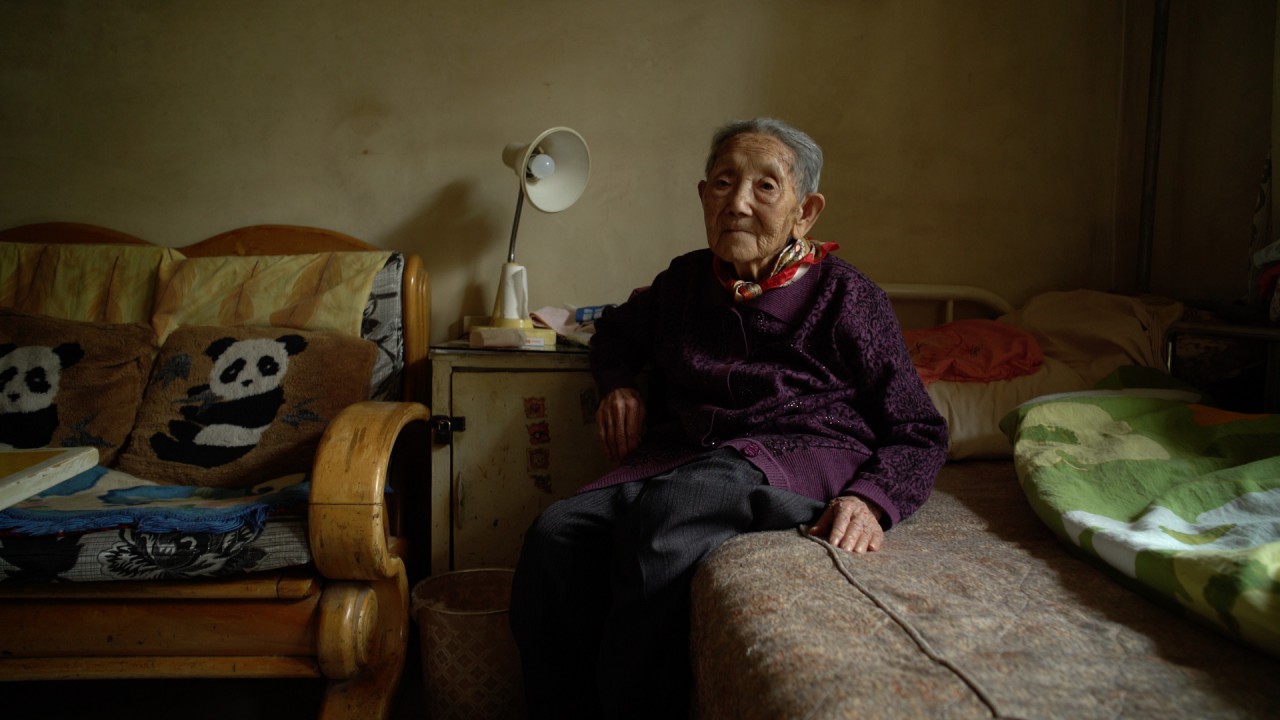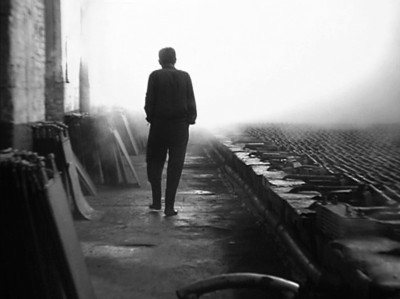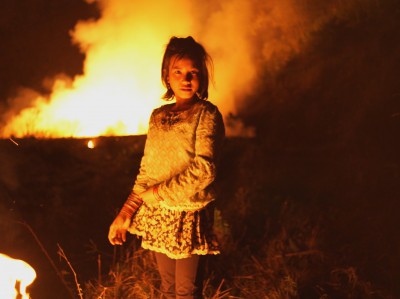
Vigil and Memorial: Two Films by Wang Bing
Wang Bing (b. 1967) is the most internationally renowned filmmaker of China’s New Documentary Movement, defined by its solicitude for the grassroots and its excavation of forgotten histories. His epic nine-hour masterpiece West of the Tracks (2003) bears patient and intimate witness to the inexorable ruination of Manchuria’s industrial complex and the lives of its million workers. Since then, Wang Bing’s camera has roamed the vast expanses of China’s geography: from Northeast to Southwest, from coastal sweatshops to the Gobi Desert. His subjects have ranged from laid-off workers to migrant workers, from inmates of a labor camp to inmates of a mental asylum, from rural children to Burmese refugees. His inspiring oeuvre has salvaged precious vestiges and voices from the rubble of both socialist and neoliberal “progress.”
Wang Bing’s is an embodied cinematography that ever reminds us of the steady hands and treading feet that support the camera. His close-ups “lean forward” to capture the light in his subjects’ eyes and to listen to their breaths and whispers. His tracking shots follow his subjects and stumble over rough terrains, sometimes with snow sticking to the lens as if to eyelashes, or with the wind deafening the microphone. His long takes approximate a focused, persistent gaze that rarely blinks, and help us pay attention to nuances of light and shadow, voices and noises. This embodied cinema immerses audiences in distant environments and heightens our sense of their inhabitants, who divulge, as Shelly Kraicer puts it, “not just their physical presence but also something like their ‘souls’.”
Presented in this program, Wang Bing’s most recent films Mrs. Fang and Dead Souls suggest that cinema can further serve as a “spirit medium” to hold communion with the dying and the dead, calling out to their souls and mediating their voices. In Mrs. Fang, the daughter of the inflicted woman had invited Wang Bing to document the last days of her life, to partake in the vigil held by her loved ones as the end approached. As audience members, we might critique the camera’s presence as intrusive and voyeuristic, or we might join the same vigil and reflect on our own ethical and filial obligations. In Dead Souls, survivors of a Maoist re-education camp testify to what Wang Bing calls “the history of a monstrous uniformization of thought” as well as institutionalized starvation that robbed thousands of inmates not only of their lives, but also every shred of human dignity. Recalling names, details and stories they would otherwise take to their graves, these traumatized witnesses in the twilight of their lives search their souls for the reasons of their condemnation and survival. Most survivors filmed passed away during the making of the film, which also documents a funeral service and haunts the trauma site of the camp ruins, strewn with skeletal remains from half a century ago. After the government smashed a memorial stele at this unmarked mass grave, Dead Souls stands as a cinematic memorial to the victims of the revolution. Perhaps we can experience its eight hours and fifteen minutes not just as a film’s running time, but also as lived time, historical time and ritual time, as we partake in a vigil and memorial to honor the souls of the dead. – Jie Li, Associate Professor of East Asian Languages and Civilizations












